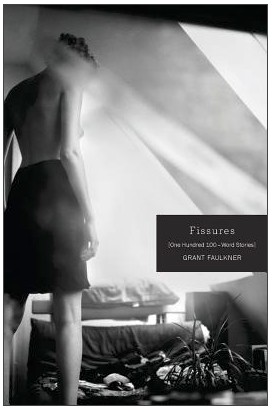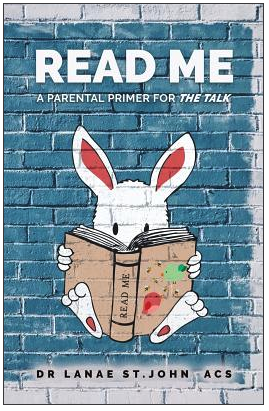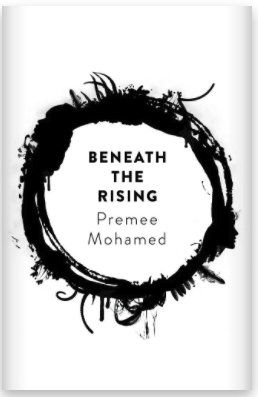Welcome to Week 4 of StoryADay! Can you believe you’ve made it this far?
I can tell you from past experience that if you have made it this far, you’re going all the way!
You’ve already spent Week 1 on the “Write” part of the WRITER Code, and Week 2 on “Refine”, concentrating on what was working and what you could let go of in yoru writing and your writing practice.
Last week was all about “Improve”, as you tackled different parts of the story writing craft.
This week’s theme is: “Triumph!”.
This week I want you to make a conscious effort to put a tiny celebration in place whenever you do something that furthers your journey as an author.
- Got to your desk? Punch the air and say “yeah!”.
- Finished your story? Give yourself a gold star (literally! Put one in your journal!).
- Read the prompt and spent the day noodling on story ideas? Take one hand and pat yourself on the back with it.
- Didn’t get your story written and decided to let it go, but come back tomorrow? Do a little dance, celebrating your ability to overcome disappointments.
There is some serious behavioral science research behind these silly tactics.
When you celebrate, you feel good, and when you feel good, you want to do more of the thing that makes you feel good.
That’s why some of the things we’ll never be, at StoryADay, are somber, judgmental or unrealistic about the challenges of living this writing life!
The Prompt
Be playful.
Playfulness can open up an expanse in confinement.
So… write a story in 26 sentences, with each sentence beginning with a sequential letter of the alphabet, starting with “A.”
The Author
Grant Faulkner is the Executive Director of National Novel Writing Month (NaNoWriMo) and the co-founder of 100 Word Story. He has published two books on writing, Pep Talks for Writers: 52 Insights and Actions to Boost Your Creative Mojo, and Brave the Page, a teen writing guide. He’s also published a collection of 100-word stories, Fissures, and Nothing Short of 100: Selected Tales from 100 Word Story. He’s also the co-host of the podcast Write-minded. His next collection of short stories, All the Comfort Sin Can Provide is forthcoming from Black Lawrence Press in July 2021.
Read A Book, Support An Indie
This year’s StoryADay May official bookseller is Reads & Company, a privately-owned indie bookseller in Pennsylvania. Any purchase from the site this month supports Reads & Co.
Leave a comment and let us know how you got on and how you’re celebrating every success this week!









